Many modern supercomputers, like those shown here, are actually numerous computers that are linked together to make them far more powerful.
Click on image for full size
Courtesy of UCAR Digital Image Library
What is a Supercomputer?
Some scientific problems and processes are so complex that you need SUPERCOMPUTING power to tackle them! Just what is a supercomputer?
A supercomputer is a computer that is among the largest, fastest or most powerful of the computers available. As of this writing (late 2007) the fastest supercomputers operate on the order of more than 200 teraflops (that's computer lingo for trillions of operations per second!). And supercomputers are being improved all the time! Soon they will operate on the petaflop-scale (that's one quadrillion operations per second!).
Supercomputers are used to tackle problems that are very complex or problems that would be messy to deal with in the real physical world because they are dangerous, deal with incredibly small things are incredibly big ones! Here's some examples:
- Climate researchers model Earth's current and predicted future climate using supercomputers.
- Astronomers and space scientists use supercomputers to study the Sun and space weather.
- Scientists use supercomputers to simulate how a tsunami would impact a coastline or a given city.
- Supercomputers are used to simulate supernova explosions in space.
- Supercomputers are used to test the aerodynamics of the latest military planes.
- Supercomputers are being used to model how proteins fold and how that folding might affect people that have Alzheimer's Disease, Cystic Fibrosis and many kinds of cancer.
- Supercomputers are used to model nuclear explosions, limiting the need for real nuclear testing.
You might also be interested in:
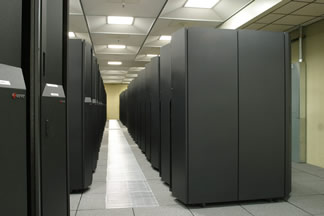
In the last decades, computers have become a normal part of life. They are used to send e-mail, write a school report or look up recipes. They are used to keep track of the balance in your bank account.
...more
Predicting how our climate will change in the next century or beyond requires tools for assessing how planet responds to change. Global climate models, which are run on some of the world's fastest supercomputers,
...more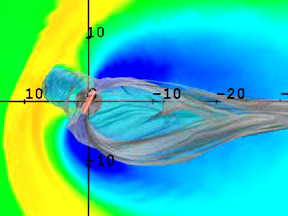
Scientists who study space weather make extensive use of computer models to make sense of complex phenomena. This is a way in which space weather is quite similar to Earthly weather, for weather forecasters
...more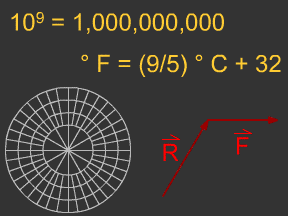
Some concepts are used in many different fields of science and serve as a general purpose "toolbox" that helps us understand and manipulate ideas across disciplines. These "tools for math and science"
...more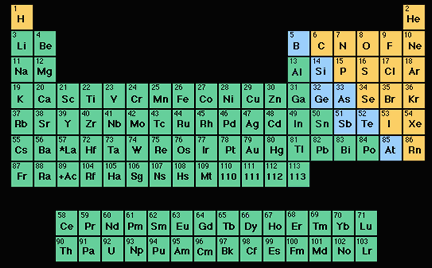
Some basic concepts find applications in many, many places throughout science, especially physical science. We have grouped these "starting points for science" into three clusters: space, time, and matter.
...more
Some scientific problems and processes are so complex that you need SUPERCOMPUTING power to tackle them! Just what is a supercomputer? A supercomputer is a computer that is among the largest, fastest or
...more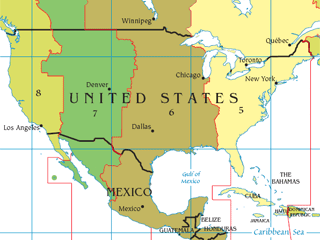
When it is noon where you live, it is midnight on the opposite side of the world. Usually when we think of time, we mean "the time of day where I live". If we say something happened at 9 AM, we mean it
...more












